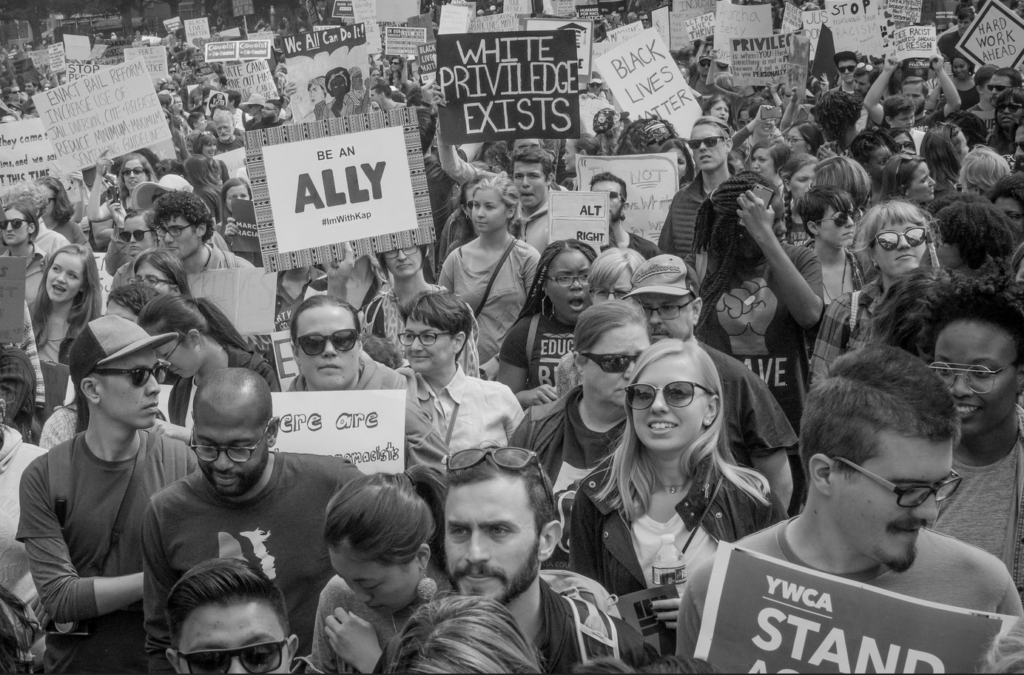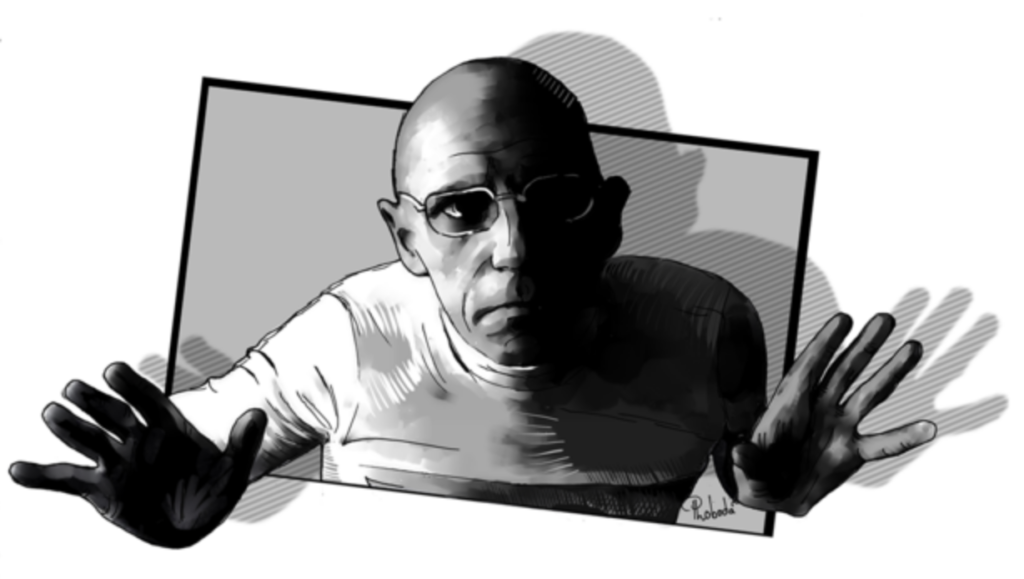People talk about ‘authentic food’ or ‘authenticity’ during discussions of cultural appropriation. That’s a frequent site of disagreement. But I think it’s worth talking about those phrases in their own right. Not that I don’t have any thoughts on cultural appropriation. Maybe I’ll write about that later. For now, check out Briahna Joy Gray’s article in Current Affairs as a starting point.
‘Authenticity’, in general, and ‘authentic food’, in particular, raise their own issues.
The fact is, ‘authentic food’ is all the rage. Diners and reviewers alike demand it. When you turn on Food Network, you see celebrity chef Aarón Sánchez judging Chopped contestants on it. And when the show goes to commercial break, you listen to him tell you to ‘go auténtico’.
And it’s not only reviewers and diners. There’s a broad consensus on this. Plenty of left-leaning critics of cultural appropriation, particularly ones found on social media, also uphold the virtues of authentic food. Along with it, they extol the virtues of broader notions of authenticity.
What should we make of all this? A few leading questions: What do people mean when they talk about ‘authentic food’? The same thing? What kind of a word is ‘authentic’? Where do broader cultural practices enter the picture?




